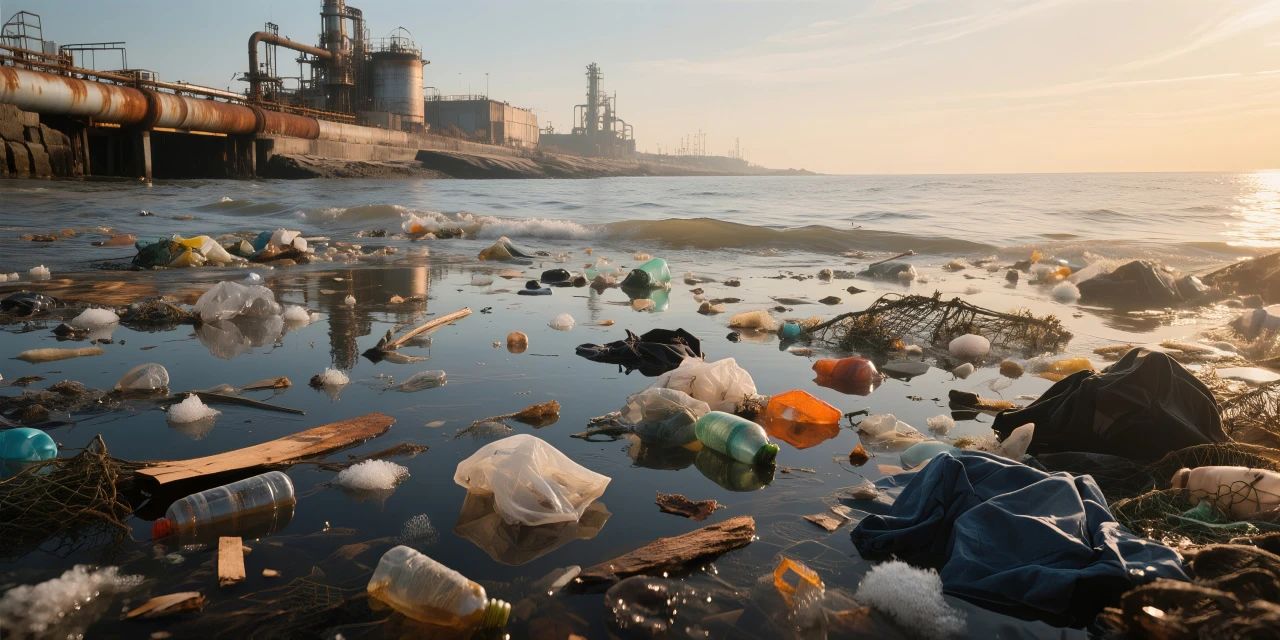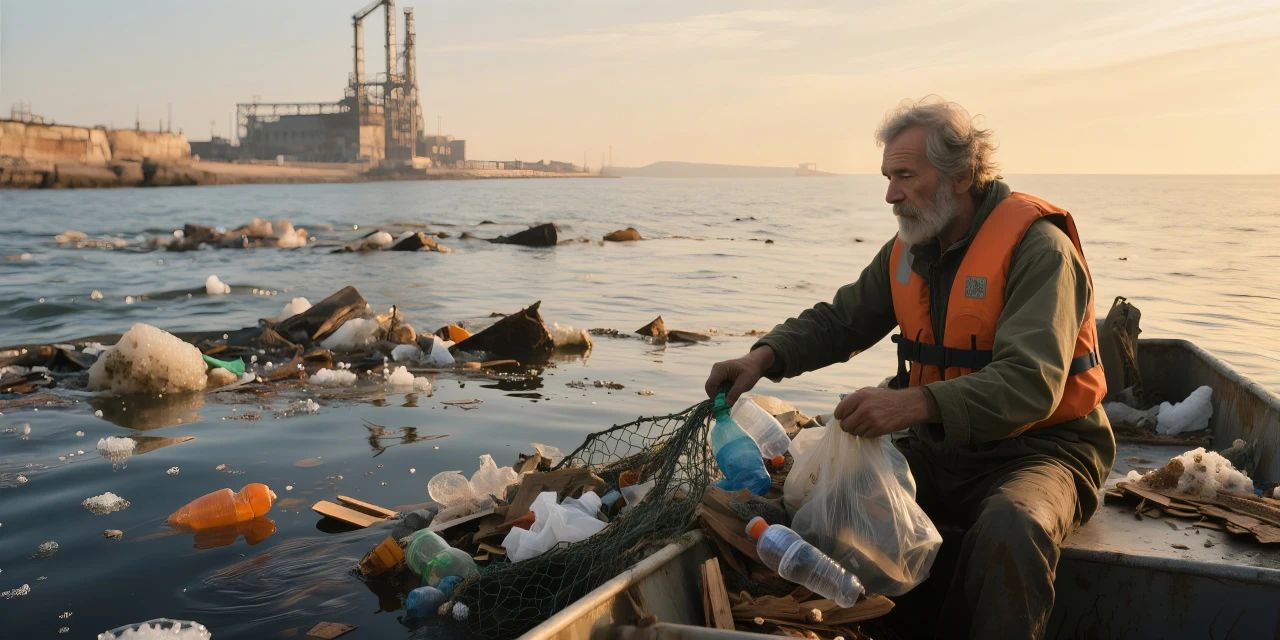On July 1–2, 2025, the 6th Japan-China Experts Dialogue Platform Meeting on Marine Debris Cooperation and the 6th Japan-China Marine Debris Workshop were successfully held in Hiroshima, Japan. As a key platform for Sino-Japanese exchanges in marine ecological protection, the event invited research institutions, industry experts, and corporate representatives from both countries to discuss marine plastic pollution control and future collaboration.

This workshop coincided with President Xi Jinping’s chairing of the 6th meeting of the Central Financial and Economic Affairs Commission, where he emphasized “promoting high-quality development of the ocean economy” by accelerating marine technological innovation, industrial upgrades, and ecological governance to forge a modern Chinese path of “maritime revitalization.” Against this backdrop, Chinese enterprises like DataBeyond are demonstrating growing technological prowess and public-private collaboration in global marine environmental governance.

Monica Mo, CEO of DataBeyond, was invited to deliver a keynote speech introducing the shore-to-sea coordinated mechanism exemplified by Zhejiang’s “Blue Circulation” project and the Junhong next-generation high-efficiency cleanup system. These initiatives provide stable upstream waste sources and application scenarios for DataBeyond’s sorting technology. Addressing the challenges of marine plastic debris—complex origins, diverse composition, severe pollution, and identification difficulties—DataBeyond focuses on improving sorting accuracy and efficiency amid data scarcity and environmental complexity. Key technological breakthroughs highlighted include:
- AI Vision Recognition: An efficient intelligent vision algorithm system for marine debris, integrating deep learning with distributed and edge computing to significantly enhance detection accuracy in complex environments.
- Smart Photoelectric Sorting: Self-developed equipment combining AI, hyperspectral sensors, fluorescence aging sensors, and metal detection to adapt to high-salinity, high-humidity conditions and algae-covered waste, enabling adaptive adjustment and precise sorting to boost resource recovery rates.
- Big Data Engine: Leveraging real-world data from thousands of global optical sorters, supplemented by simulation and synthetic data, to develop a marine debris database addressing corrosion, fragmentation, and aging. This supports R&D for institutions like Tsinghua University and the National Marine Technology Center.

This international showcase not only highlights China’s intelligent sorting technology but also injects industrial momentum into national marine economy strategies and global ocean governance cooperation.
































